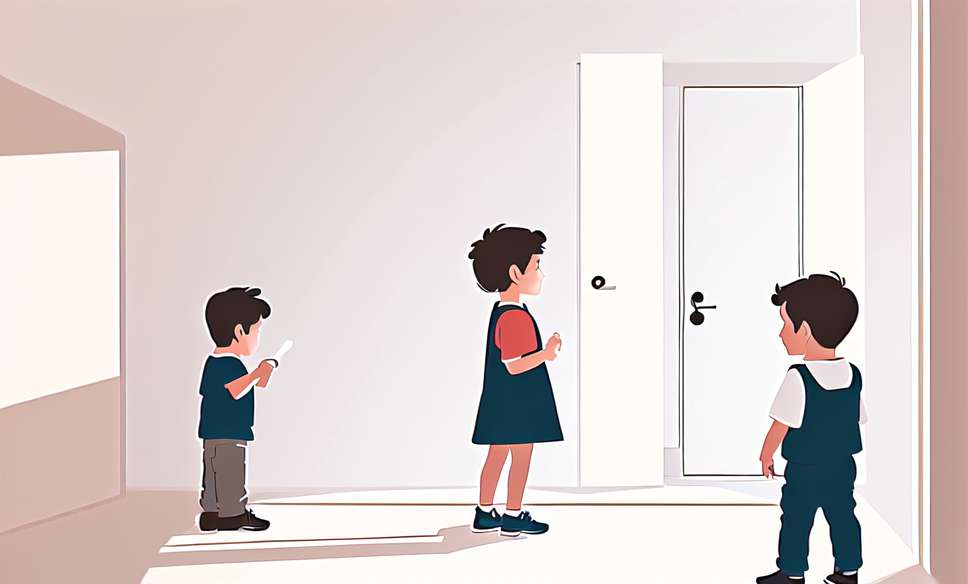Deep cleaning, your ally
April 2024

Faced with the events that took place in a school in Monterrey, Nuevo León, in which minors were injured by firearms, we explained how to talk to a child about violent acts.
In an exclusive interview for GetQoralHealth, the paidopsiquiatra Esteban Anaya, points out that while for adults the impact of an image or news can be traumatic, for children this effect is multiplied.
"When a child or adolescent observes videos, images or listens to this type of violent acts, it can have anguish, stress and manifest it with night terrors.
"Unfortunately many times as adults we can not control that children are not exposed to this type of content because they hear it on the street, at school or find it on the Internet," he says.
The specialist suggests addressing the issue with the children, not giving them more information than necessary, but clarifying their doubts.
"Children need to understand what is happening around them to feel safe and what better to find out about dad or mom."
Find out what the child knows by playing. Get up to her level and ask her what information does she have and how does she feel about it?
If you do not want to talk, ask me to draw it for you.
Speak calmly and in a soft tone.
Do not give details of any kind and avoid words like "death" or "suicide".
Ask him how he feels.
Do not give details of any kind and avoid literal phrases.
Do exercises where they discover their support networks in different environments.
Observe their behaviors and attitudes that you find the best time and place to communicate.
It offers writing as a means to express oneself.
If the child is emotionally affected, let him express it and face him.
Let him know that he has your support, that the doubts and feelings he has can be shared with you without feeling judged.
If you notice that your behavior changes, that you are distracted, have nightmares, urinate in bed or have no appetite it is time to go with a specialist who can give you the necessary tools to manage your emotions.